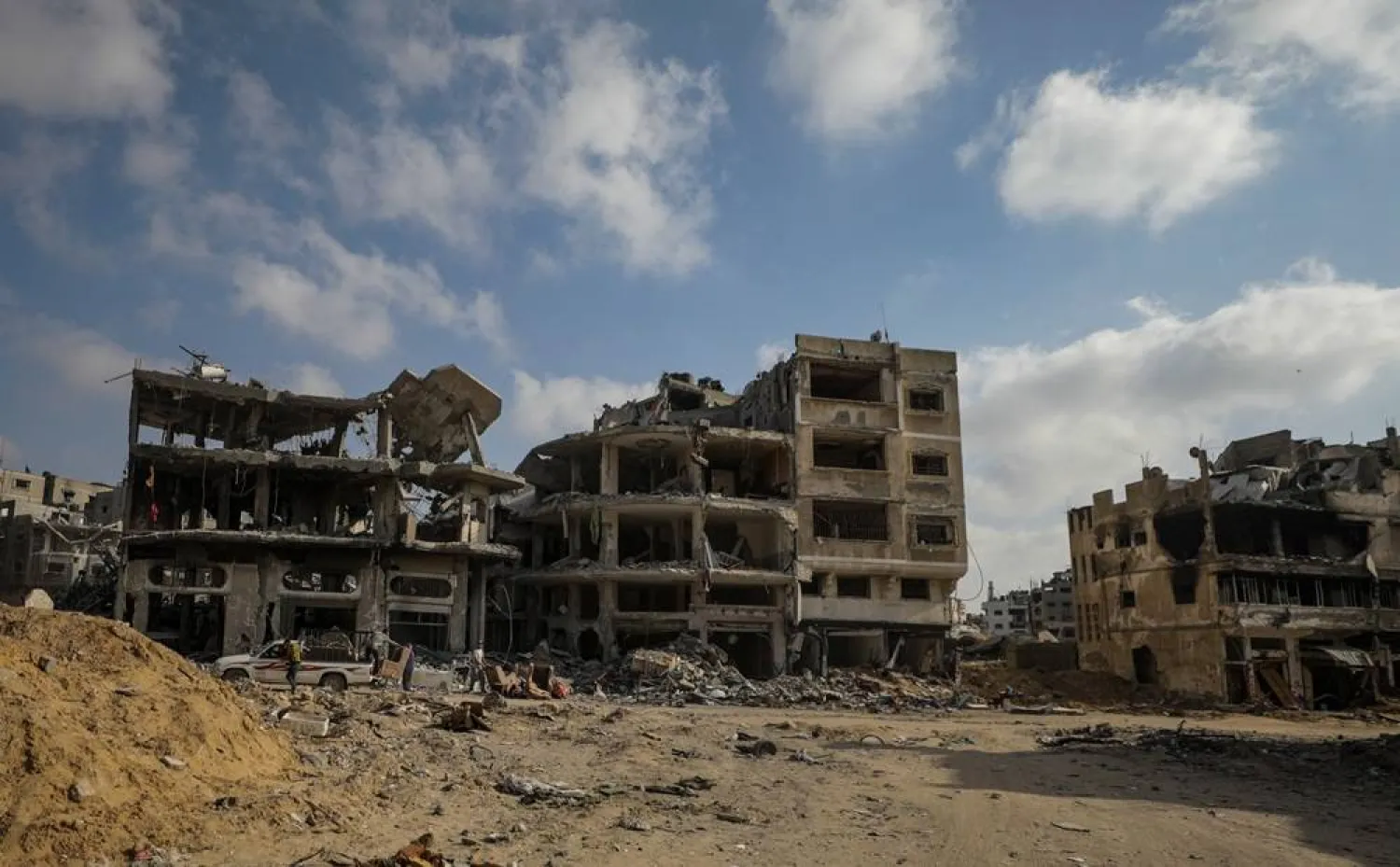United Nations Secretary-General Antonio Guterres on Tuesday said there has been incremental progress toward averting "an entirely preventable, human-made famine" in the northern Gaza Strip, but much more is urgently needed.
He specifically called on Israel to follow through on its promise to open two crossings into northern Gaza so aid can be delivered directly from Israel's Ashdod port and Jordan and to allow safe, rapid and unimpeded aid access throughout Gaza.
"A major obstacle to distributing aid across Gaza is the lack of security for humanitarians and the people we serve. Humanitarian convoys, facilities and personnel, and the people in need, must not be targets," he told reporters.
Israel pledged nearly a month ago to improve aid access after US President Joe Biden demanded steps to alleviate the humanitarian crisis in Gaza, saying Washington could place conditions on support if Israel did not act.
"We must do everything possible to avert an entirely preventable, human-made famine," Guterres said. "We have seen incremental progress recently, but much more is urgently needed."
A UN-backed report published in March said famine was imminent and likely by May in northern Gaza, and could spread across the enclave of 2.3 million people by July.
"In northern Gaza, the most vulnerable – from sick children to people with disabilities – are already dying of hunger and disease," Guterres said.
He also appealed on Tuesday for states with influence over Israel "to do everything in their power" to prevent an Israeli assault on the southern Gaza city of Rafah, where more than 1 million displaced Gaza Palestinians are sheltering.
NO ALTERNATIVE TO LAND ACCESS
When asked what leverage the US could use over its ally Israel to boost aid access and avert a Rafah assault, Guterres said: "It is very important to put all possible pressure in order to avoid what would be an absolutely devastating tragedy."
US Secretary of State Antony Blinken said he will discuss with Israeli Prime Minister Benjamin Netanyahu on Wednesday measures that Israel still needs to take to increase the flow of aid into Gaza.
Netanyahu vowed on Tuesday to go ahead with a long-promised assault, whatever the response by Hamas to the latest proposals for a halt to the fighting and a return of Israeli hostages.
"I strongly encourage the government of Israel and the Hamas leadership to reach now an agreement," Guterres said. "Without that, I fear the war, with all its consequences both in Gaza and across the region, will worsen exponentially."
The UN is in talks with the US about a floating pier it is constructing to allow maritime aid deliveries to Gaza from Cyprus. Guterres said: "We welcome aid delivery by air and sea, but there is no alternative to the massive use of land routes.
Israel's Deputy UN Ambassador Jonathan Miller said last week that Israel continued "to elevate and step up" its aid support and there had been substantial results with a "dramatic increase" in the volume of aid over the past several months.
Israel is retaliating against Hamas in Gaza over an Oct. 7 attack on southern Israel led by the armed group.
Israel says about 1,200 people were killed and more than 250 people were taken hostage in the assault, and Gaza health authorities say Israel has killed more than 34,000 people in its offensive in Gaza since then.









